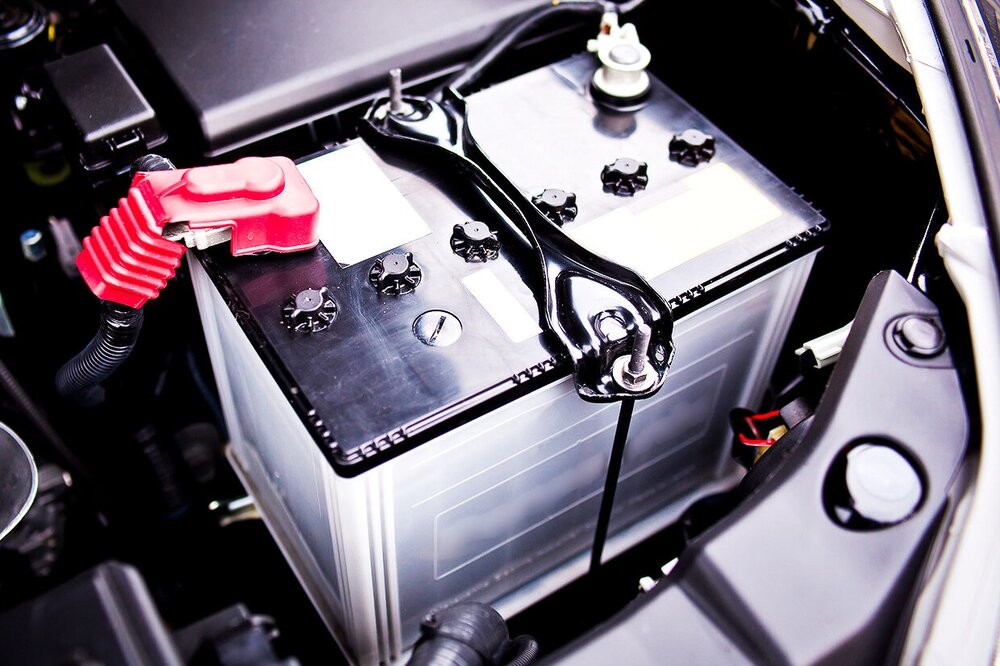The development of cutting-edge battery technologies has significantly enhanced the performance, efficiency, and sustainability of these sectors. In the automotive realm, electric vehicles EVs have seen a surge in popularity, driven in large part by the evolution of high-quality batteries. Traditional lithium-ion batteries have undergone substantial improvements, with increased energy density and faster charging capabilities. Solid-state batteries, considered the next frontier in energy storage, have gained attention for their potential to offer higher energy density, improved safety, and longer lifespan compared to conventional lithium-ion counterparts. These advancements translate into extended driving ranges and reduced charging times, addressing some of the key concerns that have historically hindered the widespread adoption of electric vehicles. The marine industry has also witnessed a transformation with the integration of advanced batteries in marine vehicles.

Electric and hybrid propulsion systems, powered by high-capacity batteries, are becoming increasingly prevalent in ships and boats. These batteries not only contribute to a significant reduction in greenhouse gas emissions but also provide a quieter and more efficient alternative to traditional combustion engines. Batteries Malta enhanced energy density and durability of these batteries enable marine vehicles to cover longer distances, making them more versatile and appealing for various applications. In the realm of solar energy installations, batteries play a crucial role in addressing the intermittent nature of renewable energy sources. Advanced energy storage solutions facilitate the efficient harnessing and utilization of solar power, allowing for the storage of excess energy generated during peak sunlight hours. Lithium-ion batteries, combined with sophisticated battery management systems, enable homeowners and businesses to store and utilize solar energy during periods of low sunlight or even during grid outages.
This not only enhances energy resilience but also contributes to a more sustainable and reliable power supply. The integration of artificial intelligence AI and smart technologies into battery management systems further optimizes the performance of these high-quality batteries. AI algorithms can analyze and predict energy consumption patterns, optimize charging and discharging cycles, and identify potential issues in real-time. This level of intelligence enhances the overall efficiency, reliability, and safety of batteries in diverse applications. In conclusion, the continuous advancements in high-quality batteries are reshaping the landscape of automotive transportation, marine vehicles, and solar installations. These innovations are not only driving the widespread adoption of electric vehicles and cleaner marine propulsion systems but also facilitating the seamless integration of renewable energy sources into the power grid. As research and development in battery technology continue to progress, the future holds the promise of even more efficient, sustainable, and economically viable energy storage solutions across various industries.